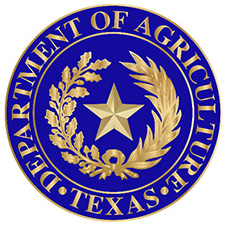Solar leases are more popular than carbon contracts among farmers
The relative handful of farmers who have signed carbon sequestration contracts is half the size of the group that has leased land for solar electricity production, said Purdue University on Tuesday. Solar leases, which may exceed $1,000 an acre annually, are more lucrative than the rates offered for carbon capture.
Biden backs ‘right to repair,’ from tractors to tech
President Biden will issue an executive order to expand competition in the agricultural sector and assure farmers of the right to repair increasingly complex tractors and other equipment, said the White House on Tuesday. The “right-to-repair” rules were expected to include smartphones and other widely used devices.
Today’s Quick Hits
Litigating debt relief: Lawsuits in seven U.S. district courts may take years to litigate before there is a decision on a program to provide $4 billion in debt relief to minority farmers, said Agriculture Secretary Tom Vilsack. (DTN/Progressive Farmer)
High-profile hydroponics: Celebrity investors are bankrolling a wave of indoor farms with the promise of fresh and locally grown food, though there are plenty of critics of the growing practice. (New York Times)
Uprooting almond orchards: When almond growers remove trees because of drought, they might plant younger almond trees, which need less water, or pistachios, which are more drought-tolerant, but either option means years without income. (Atlas Obscura)
Vilsack announcement coming: Agriculture Secretary Tom Vilsack will make a “major announcement” in Omaha on Friday, according to the USDA, which said details would be released later. (FERN’s Ag Insider)
No-penalty haying: In a policy shift to encourage the use of cover crops, the USDA’s crop insurance program will issue full prevented-planting payments to farmers and allow them to graze livestock or harvest hay and silage from the fields at any time. Previously, haying and grazing was banned before Nov. 1. (Risk Management Agency)











